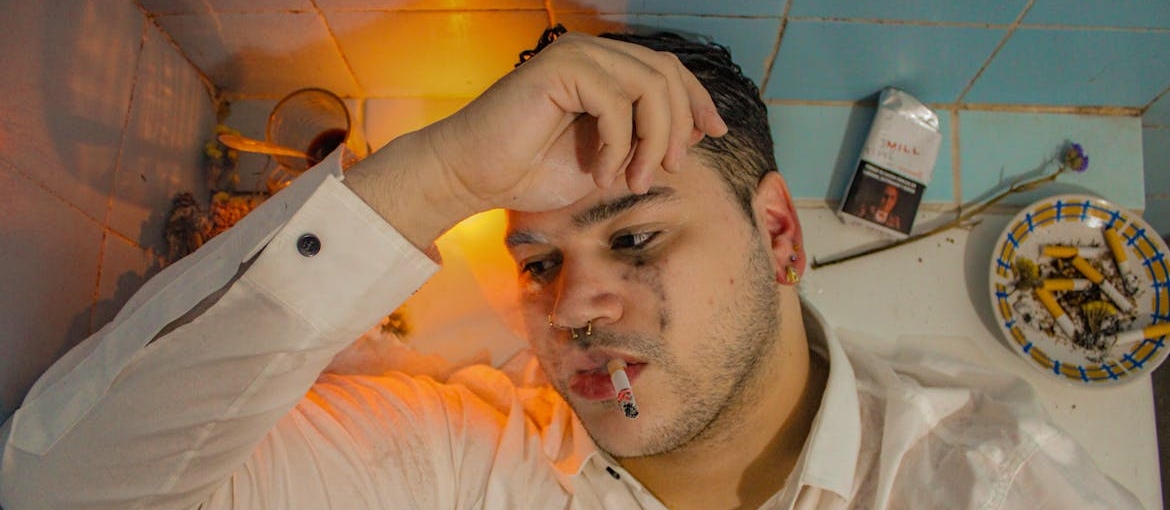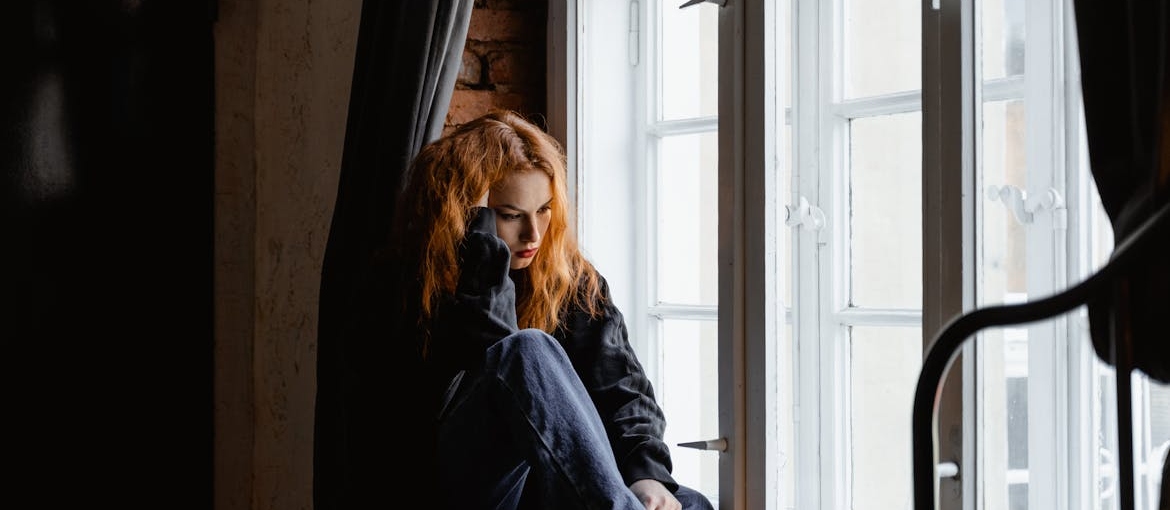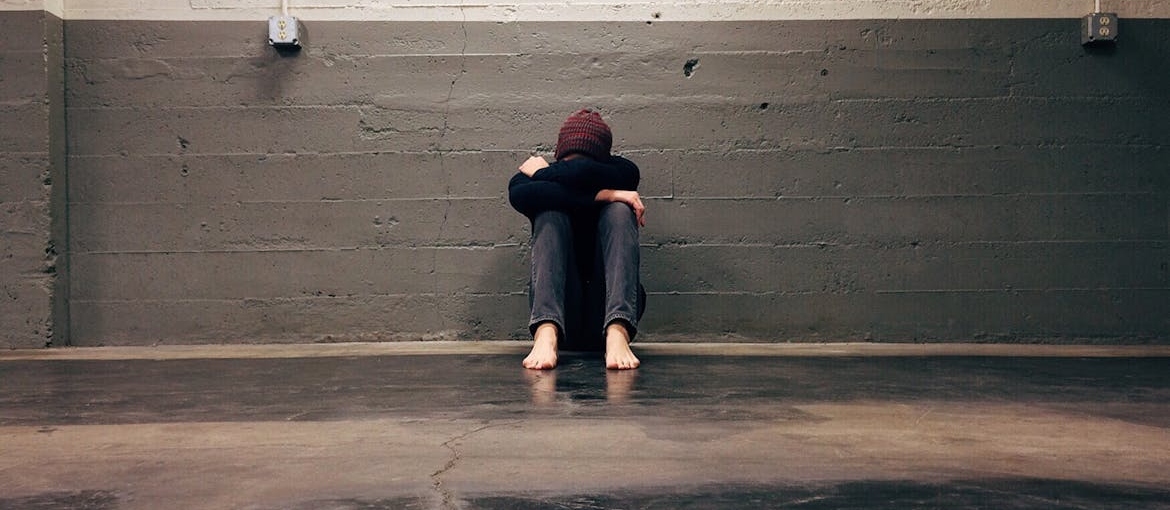People often wonder why some experiment with drugs and stop while others fall into addiction. The answer may lie in personality. Certain traits can make someone more drawn to risk or more likely to use substances to cope. Understanding how drugs and personality types connect helps explain behavior that might seem confusing. If you notice patterns in yourself or someone close to you, it’s not too late to make a change. With the right help, recovery is possible. Programs at Harmony Ridge Recovery Center WV focus on both addiction and the personality traits behind it. Learning more about your own mind can help you take back control and rebuild a healthier, more balanced life.
Understanding the Link Between Drugs and Personality Types
The connection between drugs and personality types shows how personal traits shape addiction risks. Some people use substances to relax, while others seek excitement or control. Those with impulsive tendencies may experiment without thinking, while anxious personalities might rely on drugs to numb emotions. Everyone has different triggers, but personality plays a major role in how addiction begins and develops.

Recognizing how drugs and personality types influence behavior can help people understand their struggles without shame. Therapy often reveals these patterns, showing that addiction is not a failure—it’s a learned way of coping. When people realize how deeply drugs and personality types intertwine, they can start addressing both behavior and mindset. Real recovery starts when self-awareness replaces judgment and fear.
Social and Environmental Factors That Shape Drug Use
While drugs and personality types play a big role, environment shapes behavior too. The people you spend time with, your daily stress, and even your job can influence how addiction forms. Living around heavy substance use normalizes it, while isolation increases emotional pain. Family dynamics, early experiences, and social expectations often push people toward or away from drugs.
Supportive environments can protect against relapse, helping people build structure and confidence. When therapy includes social awareness, people see how surroundings affect their choices. Recovery works best when you change both habits and settings that feed addiction. Recognizing how your environment interacts with your personality gives you real control. Healing isn’t just about quitting—it’s about rebuilding a life that doesn’t revolve around substance use
Personality Traits That Influence Drug Use
People often wonder why some are drawn to certain substances while others avoid them. The truth is, drugs and personality types often go hand in hand. Your traits can shape how you respond to stress, temptation, and emotional pain. Some personalities chase excitement, while others seek comfort or control. Learning how different behaviors affect substance use helps you understand your patterns. Knowing how personality types and drugs connect can guide better choices and healthier coping habits.
Impulsive and Sensation-Seeking Personalities
People who crave excitement often face higher risks. They might try new drugs out of curiosity or boredom. Impulsivity can lead to fast decisions without thinking about the outcome. This group tends to chase adrenaline, making them more likely to experiment. The phrase how different personality types approach drugs reflects how impulsive people act on emotions rather than logic. They feel the thrill of the moment but ignore long-term harm.
Such patterns can make quitting harder, as the same traits that lead to risk-taking often block change. Therapy helps slow those impulses and replace risky behavior with mindful action. Which personality type is most addictive often depends on how strongly emotions guide their choices. Identifying triggers early helps reduce relapse and build control.

Anxious and Avoidant Personality Patterns
People who often feel anxious may turn to substances for relief. Drugs might numb fear or silence worry for a while. Those with avoidant traits use substances to escape emotional discomfort. Over time, this coping style leads to deeper dependence. Programs at a rehab center Clarksburg WV has teach healthier coping tools for anxiety and stress. They help clients face fears instead of hiding behind substances.
These people benefit from structure, stability, and consistent emotional support. Therapists work to uncover the real reasons behind avoidance and fear. Personality types and drugs often connect through the need to self-soothe rather than face pain. Which personality type is most addictive among anxious people depends on how they handle emotions, not just stress levels. Facing fear becomes a powerful recovery step.
Perfectionists and the Pressure to Cope
Perfectionists aim to control everything around them. When things fall apart, they often blame themselves. This mindset can lead to exhaustion, shame, and substance use as relief. Drugs may feel like an escape from failure or constant self-criticism. Many perfectionists hide addiction because they fear judgment. They struggle to ask for help, believing they must fix it alone.
Therapists help them accept imperfection and let go of control. When these people learn to separate self-worth from success, recovery becomes possible. Drugs and personality types influence this process because perfectionists crave certainty. Which personality type is most addictive depends on how deeply someone ties their identity to performance. Learning to accept mistakes and forgive oneself can stop the pattern before it worsens.
The Psychology Behind Substance Use
Addiction often develops through emotional and behavioral habits. The mind learns to connect certain feelings or events with substance use. Over time, this connection becomes automatic, driving people to use drugs without thinking. Understanding the psychology behind this pattern helps people regain control. These core factors explain why some develop stronger addictions than others:
- Emotional triggers: Stress, trauma, or sadness can push people to use.
- Reward system: Drugs stimulate pleasure centers, creating dependency.
- Learned habits: Repetition strengthens the link between emotion and use.
- Personality influence: Certain traits increase vulnerability.
- Environmental factors: Peer pressure and availability make relapse easier.

Rehab Programs That Address Personality and Addiction
Treating addiction means more than stopping substance use—it’s about treating the person as a whole. Different traits need different care. Some need calm spaces, others need structure and motivation. The most effective programs adapt therapy to match who you are. Understanding the connection between personality types and drugs helps recovery professionals personalize your care plan. Addressing behavior patterns early makes change last longer and prevents relapse.
Personalized Treatment for Different Personality Types
Addiction recovery works best when treatment fits your personality. Someone who acts on impulse needs structure. Someone with anxiety needs reassurance. These programs adjust therapy and environment to fit each person. For example, benzo addiction treatment helps calm both the mind and body through tailored care plans. Recovery professionals use assessments to understand personality strengths and struggles. Then they create individual paths to healing:
- Cognitive support: Focuses on identifying harmful thought patterns.
- Behavioral plans: Build routines that match personality needs.
- Emotional work: Encourages self-awareness and growth.
- Accountability tools: Help track progress and prevent relapse.
- Social connection: Teaches healthy ways to build relationships.
Behavioral Therapies That Target Root Causes
Addiction doesn’t appear overnight—it grows from habits, beliefs, and emotional pain. Motivational interviewing for substance abuse helps people find personal reasons to change. It encourages honesty without pressure. Therapists guide, but the person sets their pace. This method fits different personality styles, from stubborn to self-doubting. Cognitive-behavioral therapy also helps replace negative thoughts with realistic ones.
Behavioral programs work best when they adapt to which personality type is most addictive, acknowledging how traits drive choices. Supportive settings help people face challenges with less fear. These therapies teach coping, responsibility, and better emotional control. Over time, clients learn how personality types and drugs interact—and how awareness helps prevent relapse. Healing becomes easier when treatment aligns with who you are, not just what you’ve used.

How Rehab Centers Promote Emotional Growth and Self-Awareness
Lasting recovery takes more than detox—it takes self-understanding. Programs in inpatient drug rehab centers in West Virginia focus on helping people reconnect with their emotions. Many used drugs to hide sadness, anger, or fear. Learning to feel again is part of recovery. When clients see how their thoughts shape choices, they gain control. Therapy helps them identify triggers linked to specific personality traits.
It teaches healthy expression instead of escape. Staff support emotional growth with care and accountability. The process helps clients answer tough questions about who they are and what they want. Drugs and personality types are deeply tied, but self-awareness breaks that link. Growth happens when people learn that feelings aren’t weaknesses—they’re signals for healing. This insight builds confidence and reduces relapse risk.
Addiction and Personality: Breaking the Cycle
Breaking the cycle of addiction means facing both behavior and personality patterns. When people understand how their traits affect choices, recovery becomes clearer. Therapy focuses on replacing harmful coping methods with healthy ones. Learning to handle emotions, build boundaries, and stay consistent helps reduce relapse. Real progress happens when people stop fighting who they are and start working with it. These strategies make lasting recovery possible:
- Self-awareness: Recognize how personality affects choices.
- Therapy support: Identify and reshape harmful thoughts.
- Healthy routines: Replace old habits with positive ones.
- Accountability: Stay honest about progress and setbacks.
- Emotional healing: Learn to express feelings safely and clearly.

Moving Forward: Healing Beyond Personality Labels
Recovery means learning more about yourself—not judging yourself. Labels don’t define who you are; they help you understand your patterns. Healing begins when you stop fighting your personality and start working with it. The more you understand how personality types and drugs interact, the easier it becomes to build new habits and lasting balance.
Building Emotional Resilience in Recovery
Emotional strength is what keeps recovery steady. It’s the ability to face stress without turning to substances. Building resilience means learning patience, trust, and problem-solving. Recovery programs focus on healthy expression and emotional balance. Knowing which personality type is most addictive helps target weaknesses early and turn them into strengths. The more you grow emotionally, the less control addiction has over your life.
Long-Term Support and Aftercare for Lasting Change
Recovery doesn’t stop when rehab ends—it evolves. Aftercare provides stability while you rebuild your life. Alumni programs, therapy check-ins, and support groups keep motivation strong. Choosing rehab for seniors or ongoing care for your stage of life makes recovery sustainable. Knowing your triggers and personality patterns helps prevent relapse.
Personality types and drugs may have shaped the past, but awareness shapes the future. Long-term programs teach balance, purpose, and consistency. You learn to manage stress before it turns into old habits. Which personality type is most addictive matters less when you have ongoing guidance and support. Staying connected keeps you grounded and confident in your new life.

Learning Healthier Ways to Manage Stress and Triggers
Stress management looks different for everyone. Some need quiet time, others need action. Identifying what calms you is key to avoiding relapse. Recovery involves finding what actually works, not what hides the pain. These habits can help rebuild control:
- Deep breathing: Calms racing thoughts before they spiral.
- Journaling: Releases emotion without judgment.
- Exercise: Boosts mood naturally.
- Hobbies: Replace old routines with positive focus.
- Support networks: Offer accountability and encouragement.
Don’t Wait—Reach Out for Help Today
The connection between drugs and personality types shows how deeply personal addiction can be. Some people use substances to escape pain, while others seek excitement or control. Knowing your personality traits can help you understand your choices and what triggers substance use. Change starts when you face those patterns with honesty and get the right support. Recovery isn’t just about stopping drugs—it’s about learning who you are without them. Our team helps you build healthy habits, improve self-awareness, and find balance again. If you or someone you care about is struggling, reach out today. Contact us to start healing with professional care and support that fits your needs.



